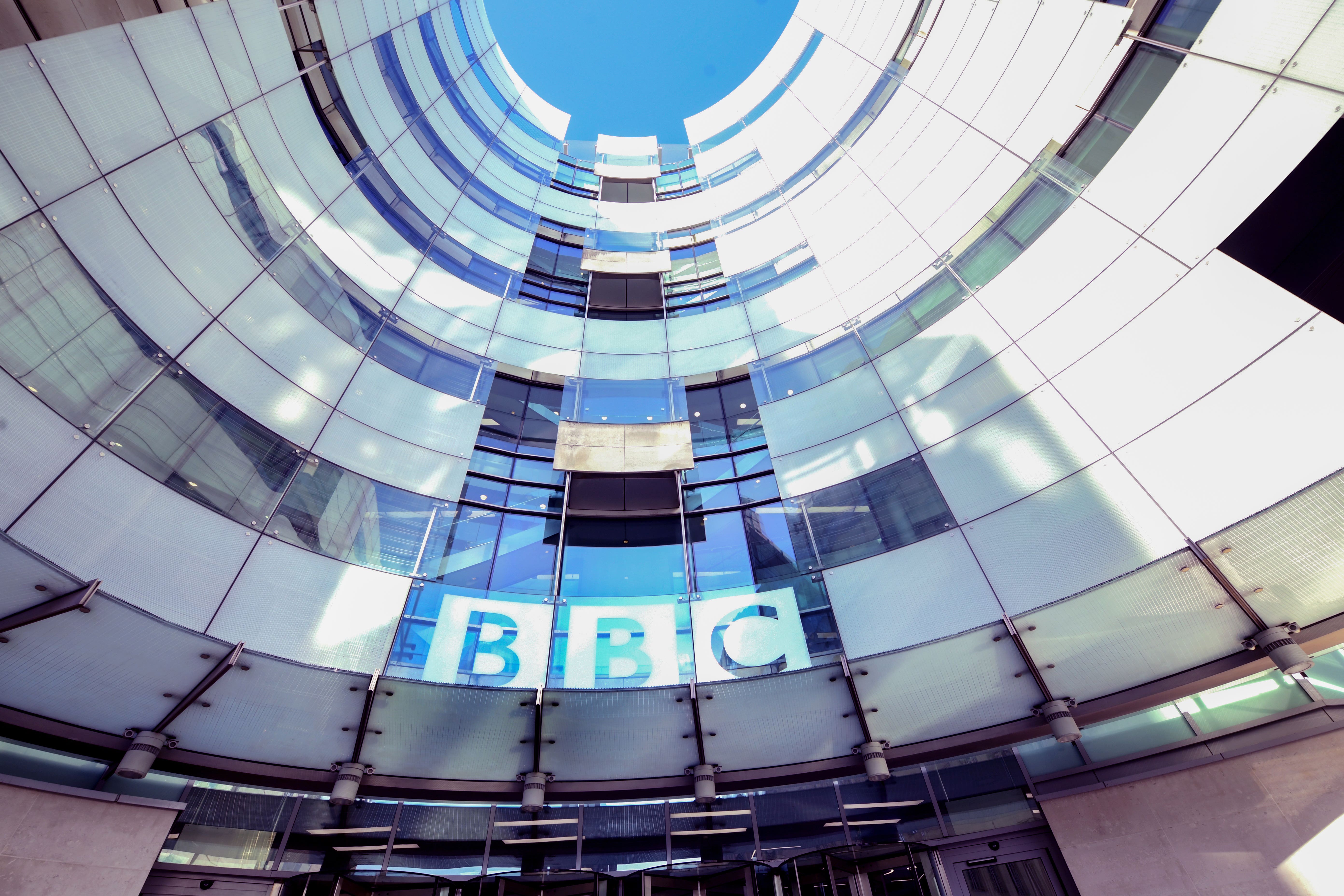BBC not covering religious issues adequately, says former Religion Editor
The comments come in light of census figures which found those in England and Wales identifying as Christian fell below half for the first time.

Your support helps us to tell the story
From reproductive rights to climate change to Big Tech, The Independent is on the ground when the story is developing. Whether it's investigating the financials of Elon Musk's pro-Trump PAC or producing our latest documentary, 'The A Word', which shines a light on the American women fighting for reproductive rights, we know how important it is to parse out the facts from the messaging.
At such a critical moment in US history, we need reporters on the ground. Your donation allows us to keep sending journalists to speak to both sides of the story.
The Independent is trusted by Americans across the entire political spectrum. And unlike many other quality news outlets, we choose not to lock Americans out of our reporting and analysis with paywalls. We believe quality journalism should be available to everyone, paid for by those who can afford it.
Your support makes all the difference.The BBC’s former head of Religious Broadcasting has criticised the corporation for not adequately covering religious issues and “asking questions to power”.
Ernie Rea, who has just stepped down from presenting BBC Radio 4’s religious discussion programme Beyond Belief after two decades, was previously head of religious content at the corporation for 12 years.
The 77-year-old has spoken about the BBC’s current coverage of religious issues in light of 2021 census figures released this week, which found those in England and Wales identifying as Christian dropped below half for the first time.
Speaking on Roger Bolton’s political podcast Beeb Watch, Rea said: “It is absolutely plain the BBC should be covering it, should be exploring it, should be criticising it.
“It should be part of the asking questions to power, but it’s not doing it.”
He was also critical of the broadcaster’s religious coverage for TV in the 1990s, although he added he had been out of that side of the corporation for 20 years.
He said: “When I was head of religious broadcasting, I never had any issues with the people who ran radio. Many of them were agnostic or even atheist but I remember going into conversations with the controllers of Radio 2, Radio 3 and Radio 4 and I very often came out having been refused my programme commissions.
“But I always felt I’d had a fair hearing, I never thought I had been dismissed simply because the issue was religion. It was completely opposite with television.
It is absolutely plain the BBC should be covering it, should be exploring it, should be criticising it
“Right through the ’90s the controllers of BBC television were people of a secular hue and because at that time the competition had become so much more intense, the demand to get decent audiences was absolutely top of their list of priorities.
“I came out of those meetings absolutely frustrated, not because my ideas had been turned down because they weren’t good enough, but because I hadn’t had a fair hearing.”
Rea recalled a time in the early 1990s when he had proposed a series on Islam in Britain which was refused by a controller, who allegedly said “I can’t imagine that anybody would be interested in that”.
“You look back on that and there’s such an intellectual arrogance about that, that it’s almost breathtaking,” Rea said.
“So there was a distinction between radio and television and although I’ve been out of it now for 20 years, I think that distinction probably still applies.”
Bolton and Rea also discussed the time when podcast host Bolton, who is religious, had applied to replace Rea as Head of Religious Broadcasting but the position was filled by an agnostic person.
Rea said: “The person who got the job was an excellent programme maker but I thought to myself, would the BBC have appointed a head of sport who thought sport was a lot of rubbish.
“Would they have appointed a head of science (to) somebody who didn’t believe in evolution.
“But they would appoint a head of religion, somebody who was not committed to the actual project and I thought that was pretty astonishing.”
A BBC spokesperson said: “As Ernie Rea says, he is talking about his experiences from over 20 years ago. Since then, the BBC has reaffirmed its commitment to religion and ethics broadcasting across television and radio, delivering an unrivalled range of high quality religion and ethics content, including documentaries, news coverage and content marking key faith festivals, far exceeding what we are required to do.
“The recent appointment of Daisy Scalchi as head of religion and ethics for television working alongside Tim Pemberton as head of religion and ethics for radio and Aleem Maqbool, the religion editor for news, is further evidence of the organisation’s recognition of the importance of the genre.”